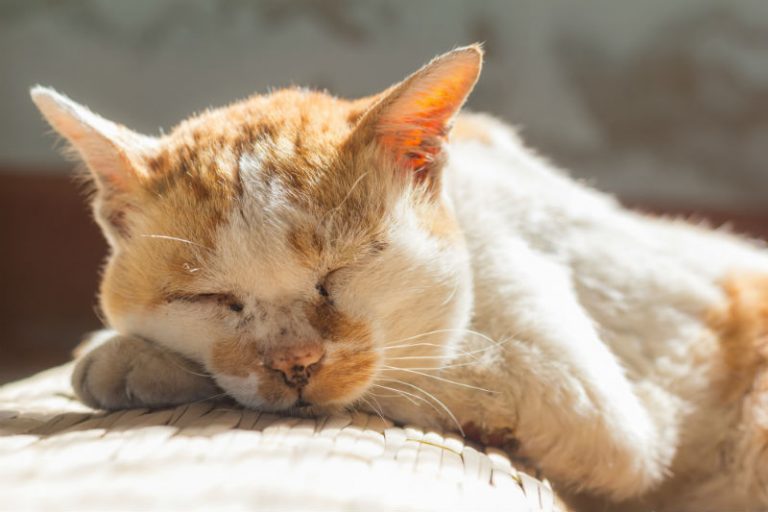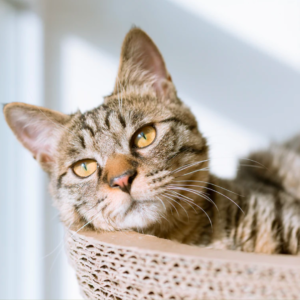Simply put yes! While keeping your cat indoors will reduce their exposure to many dangers outside it isn’t protecting them completely.
When giving what is called “CORE” vaccines, you are vaccinating for FVRCP and R. Let’s break this down.
FVR- Feline Viral Rhinotracheitis – is considered to be part of the feline herpes virus. It is an upper respiratory infection or pulmonary infection (chest infection that affects the lungs). It is a highly contagious virus that your cat can be exposed to without direct contact, which means that people can bring it into your home or your sweet cat can pick it up by sitting at a screened window.
C- Calicivirus – is known to be 1 of 2 most common virus when dealing with a form of upper respiratory infections. Clinical signs can sometimes be acute, chronic or in some cases none at all. Some symptoms will only arise while under a form of stress. Symptoms can be fever, sneezing, ulcers in the mouth, nasal discharge and runny eyes.
P- Panleukopenia – known as feline infectious enteritis and feline distemper or feline parvovirus. It is highly contagious and can be fatal in young animals. It is spread through bodily fluids, feces and can even be transmitted from fleas. Panleukopenia is a virus that attacks the gastrointestinal tract and in turn causes ulcers that cause the intestinal lining to begin to slough off. The result of that usually is very bloody diarrhea along with dehydration and anemia.
R- Rabies – “a preventable viral disease of mammals most often transmitted through the bite of a rabid animal.” It is a severe fatal zoonotic disease that poses a serious public health threat. It is a disease that affects the brain and spinal cord. Once neurological symptoms develop, it will commonly lead to death.
By vaccinating your cat with routine core vaccines, you are ultimately reducing the risk of your cat from contracting a preventable virus. In the wise words of Benjamin Franklin “An ounce of prevention is worth a pound of cure.”
Written by: Amy Hanchiruk, Animal Care Assistant




